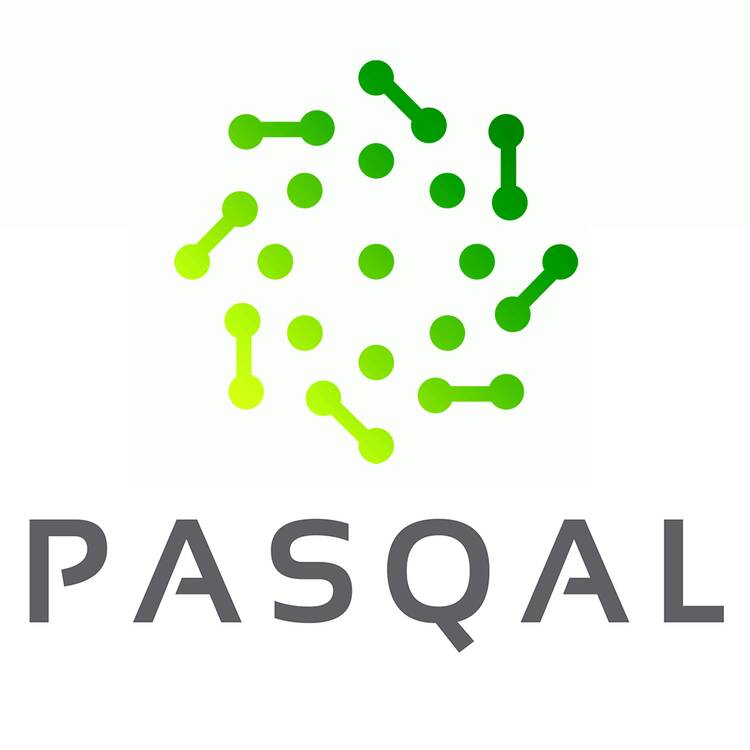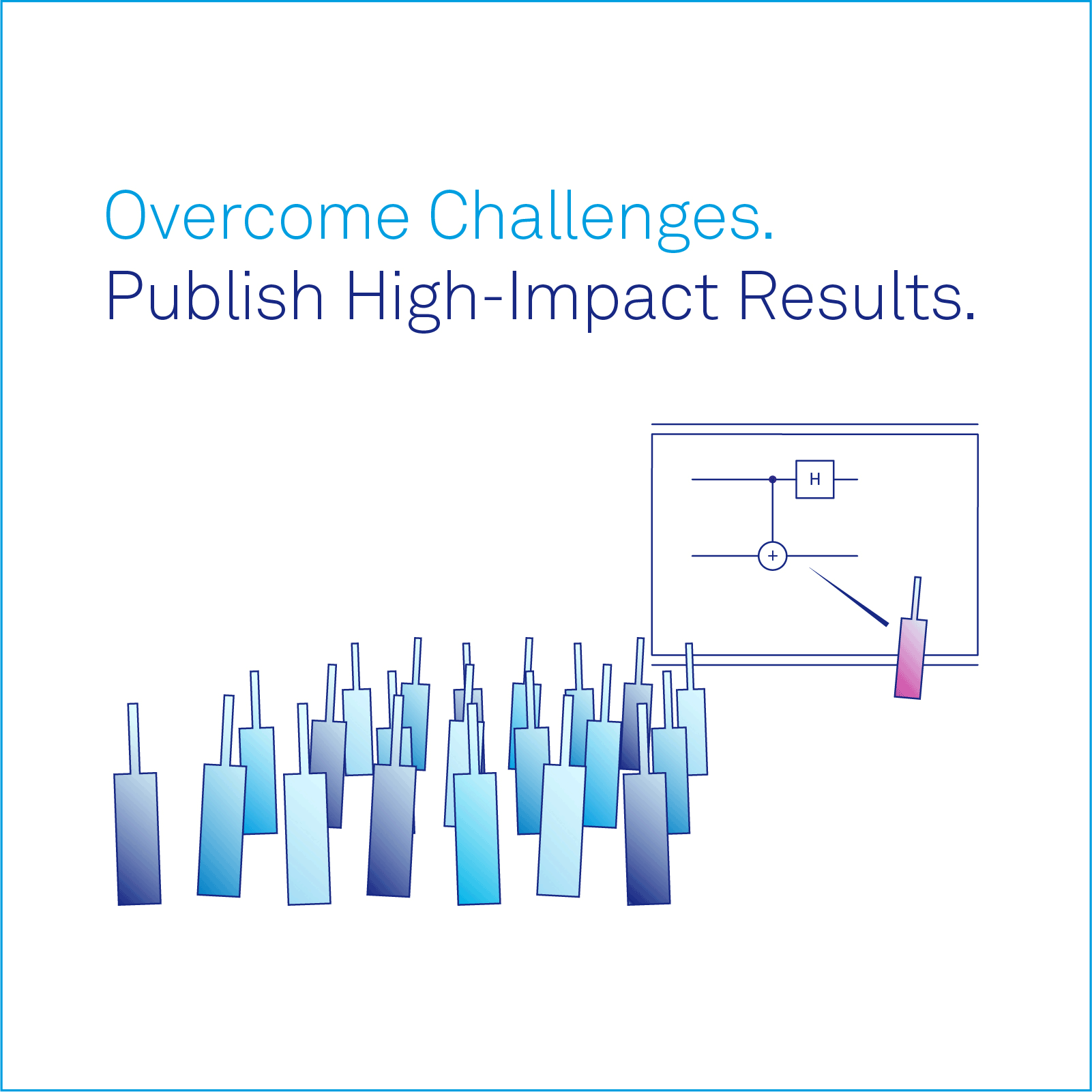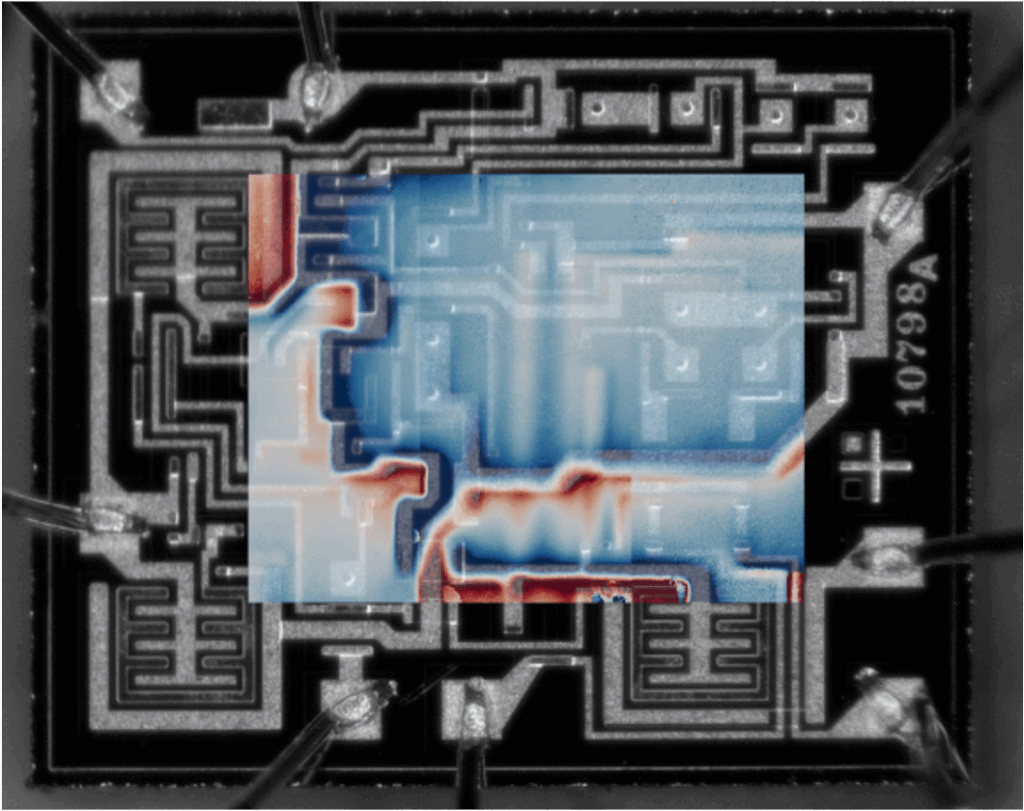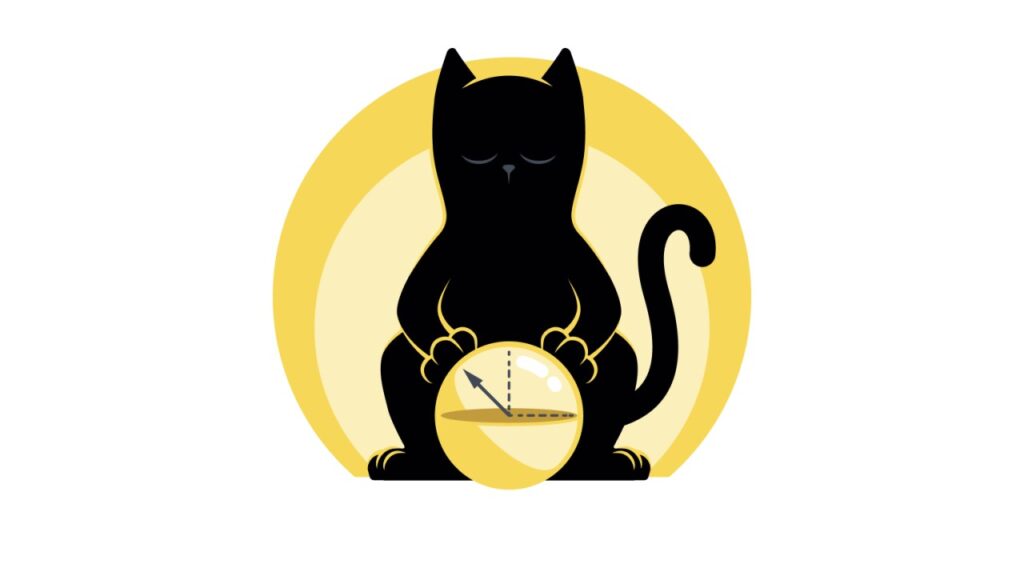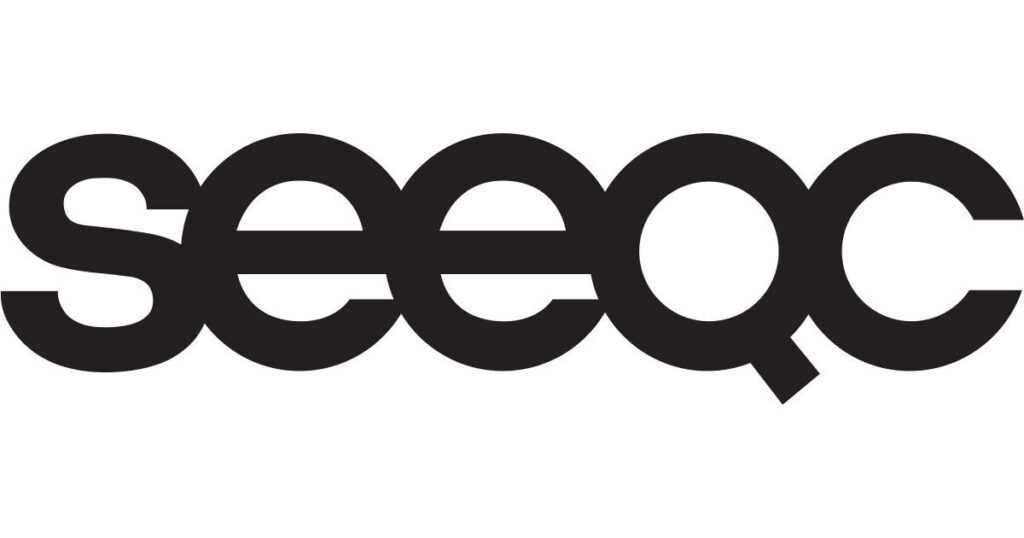PASQAL — a Paris-based Quantum startup working on programmable quantum simulators and computers made of 2D and 3D atomic arrays, along with its partners, the Laboratoire Charles Fabry and CNRS (French National Centre for Scientific Research) — has published a paper on arXiv, In-situ equalization of single-atom loading in large-scale optical tweezers arrays. The article, published by Kai-Niklas Schymik et al on 15th July, reports on the realization of large-assembled arrays of more than 350 atoms trapped in optical tweezers, confirming the ability to scale neutral atoms qubits. This milestone also validates PASQAL’s technical roadmap and confirms the company is on track to achieving 1000 qubits in 2023.
It’s becoming a busy summer for PASQAL as far as partnerships go, as The Quantum Insider reported this week about its collaboration with BASF, the world’s largest chemical company, and how the French startup can assist the multinational use of quantum computers for weather prediction.
The recent €25 million Series A round announced in early June is yet another bright spot in PASQAL’s goal of getting to 1000 qubits by next year.
About PASQAL’s partners:

Laboratoire Charles Fabry
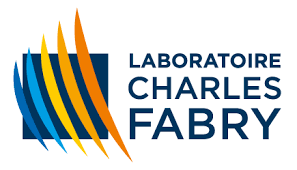
The Charles Fabry laboratory is a joint research unit between Institut d’Optique Graduate School, the CNRS and the University Paris-Saclay. Organized into nine research groups with well-defined themes, it is the historical pillar of research within the Institut d’Optique Graduate School. The laboratory research covers a broad spectrum of topics in optics and photonics and their applications.
CNRS (French National Centre for Scientific Research)
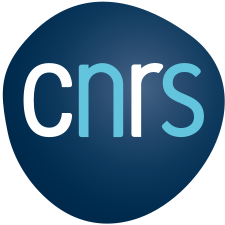
Founded in 1939, The French National Centre for Scientific Research (French: Centre national de la recherche scientifique, CNRS) is the French state research organization and is the largest fundamental science agency in Europe.
If you found this article to be informative, you can explore more current quantum news here, exclusives, interviews, and podcasts.

